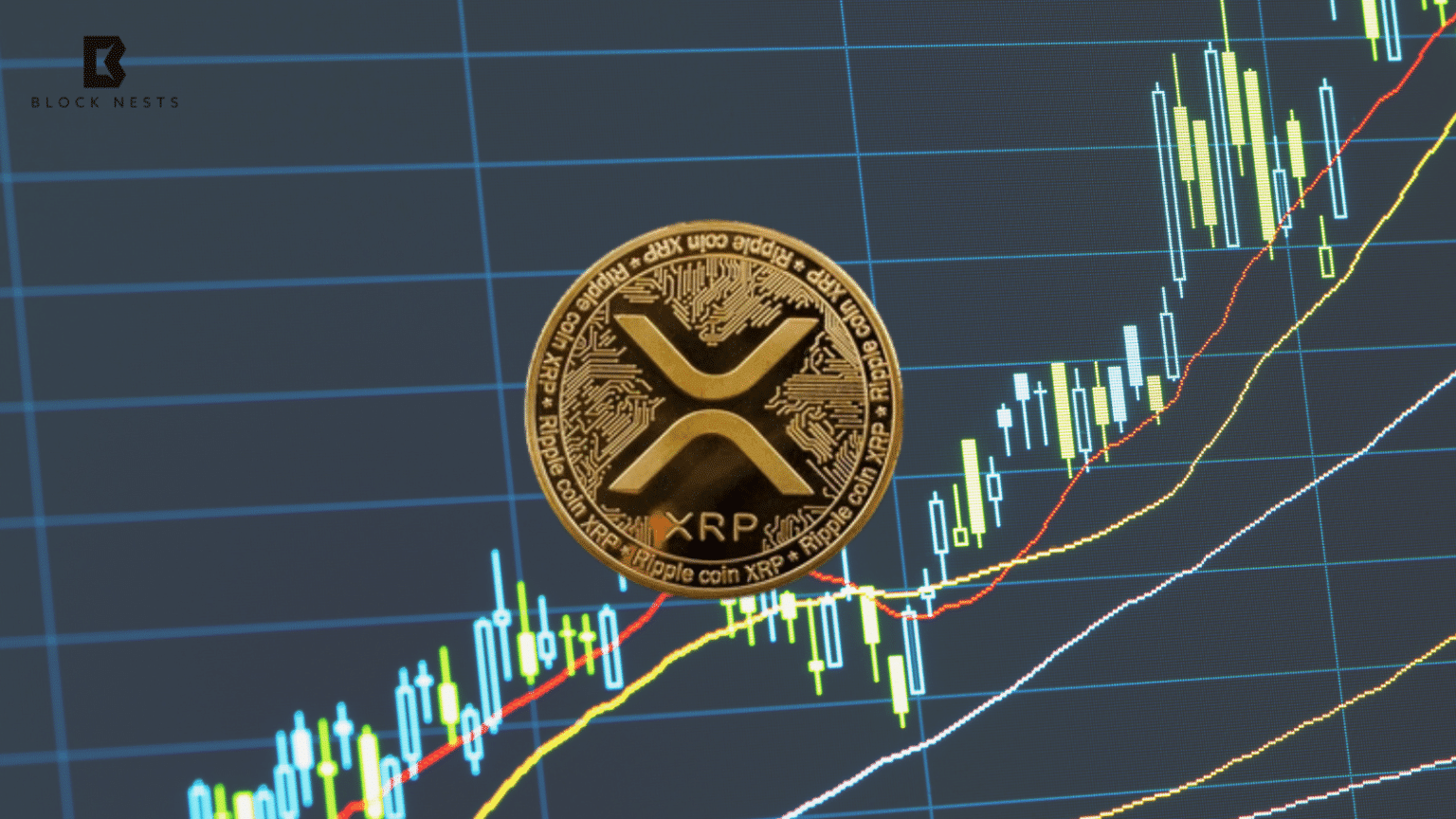- SEC has officially closed its investigation into PayPal’s PYUSD stablecoin without any enforcement action.
- The move follows a string of dropped lawsuits against major crypto firms including Coinbase and Kraken.
- Regulatory uncertainty persists despite the introduction of the STABLE Act under President Donald Trump’s leadership.
PayPal’s U.S. dollar-supported stablecoin PYUSD became the subject of an official investigation by the U.S. Securities and Exchange Commission, which subsequently ended without any enforcement measures. PayPal filed a document on April 29 stating that the SEC finalized its PayPal stablecoin inquiry in the first months of 2024 without issuing any regulatory penalties.
PayPal started receiving a subpoena from the SEC’s Division of Enforcement in November 2023. The operational framework and launch activities surrounding PYUSD formed the focus of checks performed by the firm in partnership with Paxos.
In February 2025, the regulatory agency notified PayPal that it would not proceed with any charges. PayPal and wider participants in the crypto environment supported the SEC’s official case termination.
The SEC’s recent string of regulatory moves reveals a new direction under the present U.S. administration. Recent months have shown the commission dismissing multiple important legal cases against Robinhood, Coinbase, and Kraken.
Ripple and the SEC have settled their long-running XRP legal dispute. The commission needs to deliver its final confirmation on this matter.
Regulatory Landscape Shifts as Stablecoin Oversight Evolves
Regulatory authorities are evolving their strategies regarding digital assets, as implied by the PYUSD case resolution. The financial industry understands this action as an official recognition of better regulation standards for blockchain-based products.
The stablecoin sector faces ongoing uncertainties even though positive changes have occurred. U.S. President Donald Trump launched the STABLE Act, new legislation that introduces regulatory issues for U.S. dollar-backed token issuers, including Tether and Circle.
While the law outlines licensing and reserve requirements, its implementation has confused market participants. The market uncertainty poses obstacles to new firms entering the stablecoin market and impedes innovation activities from existing market participants.
By choosing not to punish PayPal, the SEC clarified short-term regulatory clarity. The analysts believe this regulatory decision shows the SEC’s potential willingness to work collaboratively with industry players in the future.
The PayPal case has concluded, while stablecoin regulation continues to remain uncertain. The crypto industry tracks how regulatory bodies shape policy through their evolving actions within a changing regulatory framework.
Also Read: Bitrue Hacker Resurfaces, Moves Millions in Crypto After Months of Silence
How would you rate your experience?






